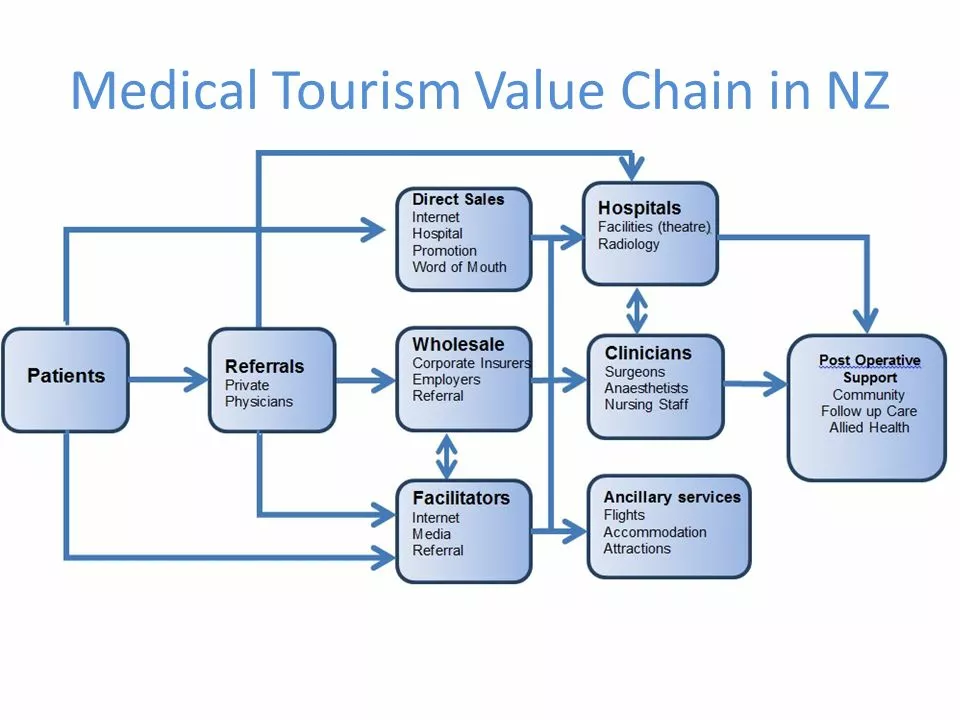Tourism Impact: Real Effects on Money, Nature and Communities
When you think about a beach holiday or a city break, the first thing that pops into mind is usually beautiful scenery or great food. But every trip also leaves a footprint – on the local economy, the environment, and the people who live there. Understanding those footprints helps you pick experiences that add value instead of just taking away.
Economic Boost and Job Creation
Tourism is a massive money‑maker. In places like Bali or Dublin, the influx of visitors fills hotel rooms, fills restaurant tables and keeps transport services busy. That flow of cash creates jobs – from front‑desk staff to tour guides, even to local artisans who sell crafts. A bachelor's degree in tourism, for example, can open doors to roles that directly manage that money flow, like hospitality management or event planning.
One real‑world win: when a small town promoted a hidden‑gem festival, local hotels reported a 30% occupancy jump in just a few weeks. The extra revenue paid for better roads, new schools and improved public services. That’s the positive side of tourism impact – it can fund community upgrades that residents might not otherwise afford.
Environmental and Cultural Challenges
On the flip side, every airplane seat or hotel night uses resources. If a flight leaves half‑empty, that seat’s revenue is lost forever – a concept known as perishability. It pushes operators to use dynamic pricing, but it also means more flights may be scheduled just to fill gaps, adding carbon emissions.
Cultural impact can be subtle. Over‑tourism in popular spots can push locals to change their daily routines, sometimes turning a living tradition into a staged performance for tourists. That’s why many travel experts stress responsible travel – respect local customs, buy from genuine vendors, and avoid crowded hotspots during peak times.
Fortunately, sustainable tourism practices are catching on. Small hotels now offer eco‑friendly options like solar power and water recycling, while travelers can choose destinations with lower environmental footprints. When you support these choices, you help shift the overall impact toward a positive balance.
So, what can you do right now? Start by checking if a destination has a clear plan for managing visitor numbers. Ask yourself if your travel budget includes room for experiences that benefit locals – like community‑run tours or locally sourced meals. Small actions add up, turning your travel footprint into a force for good.
In short, tourism’s impact is a mix of money flowing in, resources being used, and cultures blending together. By staying aware and making thoughtful choices, you can enjoy the adventure while helping the places you visit thrive.
